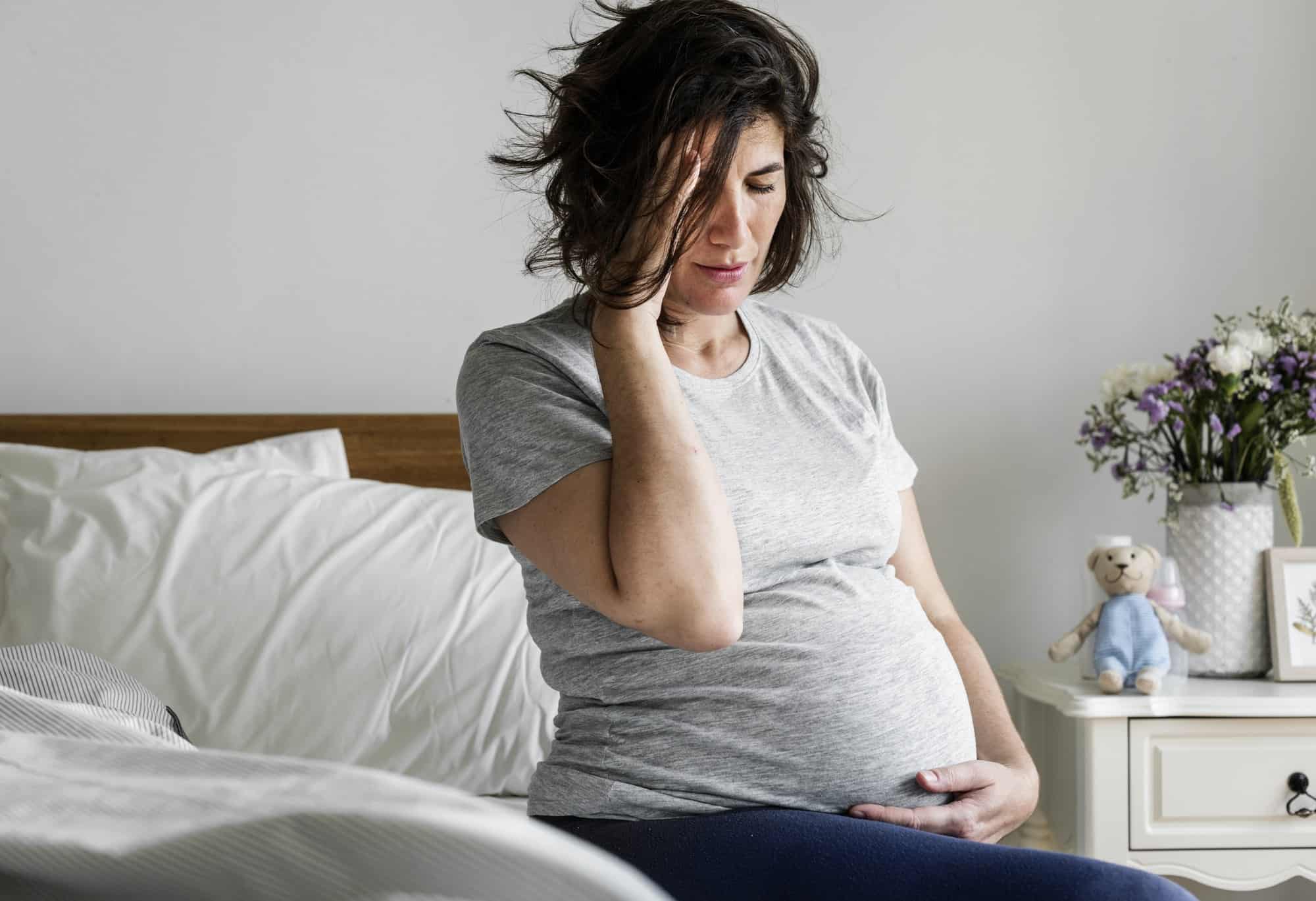My Cart(0)
Anxiety During Pregnancy: What’s Normal and What’s Not?

Being anxious often comes with being pregnant. After all, you want to deliver a healthy baby despite environmental concerns. Knowing the difference between normal pregnancy fears and abnormal pregnancy fears helps you determine when to seek professional help.
Being a Model of Perfect Health
Being healthy doesn’t just refer to your physical state. It also refers to your mental health and emotional well-being. When you feel your best and have positive ways to deal with anxiety, you’re able to put your mind and body at ease which benefits both you and your unborn child. You may feel anxious, but you know exactly what you need to do to calm yourself down and manage your stress.
Normal Pregnancy Fears
The average person has anxieties. As a parent, you may be worried about how well you’ll handle your role or if you’ll get back into shape after giving birth. You may have financial fears that manifest with the approaching birth of your child or concerns that your other child won’t be accepting of his new brother or sister.
It’s very common to think about these things because you’re facing a significant life change. Not knowing the details of any new scenario can be daunting. You want to do this parenting thing right and that’s something you should be concerned with because of how it affects your present and future.
Stress Management Techniques to Use Throughout Your Pregnancy

If your fears are unsettling you, it’s time to employ some stress management techniques to settle your nerves. Joining a support group online allows you to share your anxieties with other parents going through similar issues. You’re able to discuss the things that are on your mind without fear of judgment which often helps you gain perspective.
Other things that can help you ease your pregnancy fears are reading everything you can on the subject of parenting and taking notes of what concerns you most, asking your physician for suggested exercises you can do while pregnant because physical activity produces endorphins which are the brain’s natural feel-good chemicals, and deep breathing. Learning to recognize physical and emotional triggers gives you time to calm down using the mindfulness techniques you just learned.
Abnormal Pregnancy Fears

If fear has you paralyzed, you’ll want to seek the counsel of a mental health professional. They’re trained to deal with far more than a mild case of anxiety. If left untreated, it can seriously impede on your daily routine and cause you and your child issues.
Women at greatest risk for abnormal pregnancy fears are ones that have suffered from anxiety problems in the past, who had worries during their previous pregnancies, had a miscarriage or took a long time to get pregnant, and who are in stressful home or work environments. Long-term stress takes its toll on your body and can seriously affect the health of your unborn child. Babies whose mothers were extra anxious during pregnancy often weigh less at the time of their birth and have emotional issues as they grow and develop.
unsubscribe at any time without costs.











